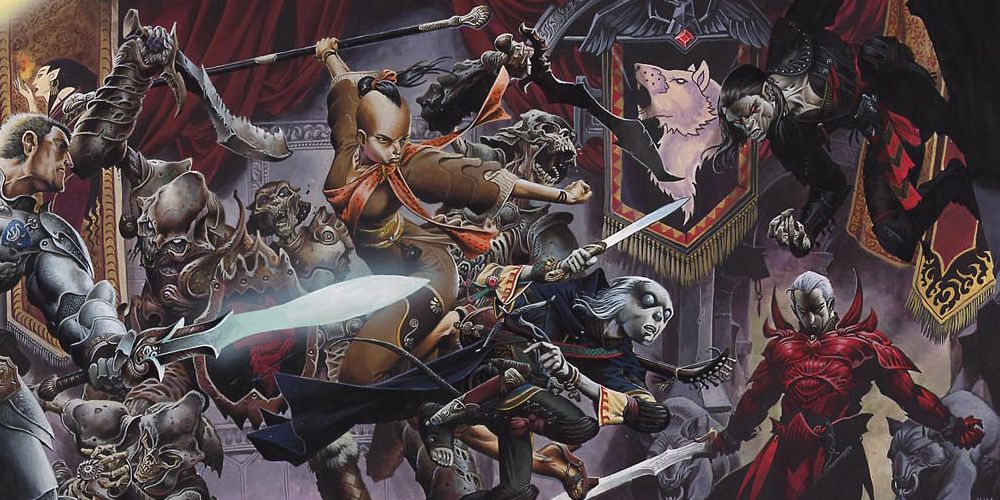Dungeons & Dragons: Honor Among Thieves
The creators ofDungeons & Dragonswere faced with the monumental labor of having to map out the rules for an entire fabricated reality . This signify coming up with rules for everything from natural philosophy , to the length that someone can jump with a running start , and even how long it takes for an average sized adult to drown when held underwater .
These dominion generally were n’t that well conceive out , which is what go to rampant abuse among cagy role player who were smart enough to see how the domain around them could be twisted for their own end .
There were someDungeons & Dragonsrules that had the potential to jump the game wholly . This would often force the creators to issue prescribed errata that was meant to overwrite the rules that were printed in the books . There were even occasion when the rule were so screwed up that an entirely unexampled edition had to be made for fix all of the loopholes .

We are here today to search at theDungeons & Dragonsrules that were so break that the creators had to step in so that they could n’t be abused any longer .
From the one amazing ranger point to the most rewritten spell in the entire game , here are the15Dungeons & DragonsRules So Broken That They Had To Be transfer !
The One Ranger Level
The fire warden class that appeared in the third edition ofDungeons & Dragonshad numerous empty levels that give no young ability throughout its progression . The ranger also bechance to be an incredibly popular class , due to the copiousness of abilities they gather at first level .
A first level Texas Ranger in the third edition ofDungeons & Dragonsreceived the Track feat , a preferent enemy , and the Ambidextrous / Two - Weapon Fighting feat while wearing light ( or no ) armor . This mean that pot of players would take a unmarried level in Texas Ranger to draw all of the benefits and then spring to a better class .
One of the biggest changes made to the updated 3.5 edition ofDungeons & Dragonswas entirely make over the ranger so that their abilities were spread out over their recent levels , which gave you more of an inducement to stick with the form .
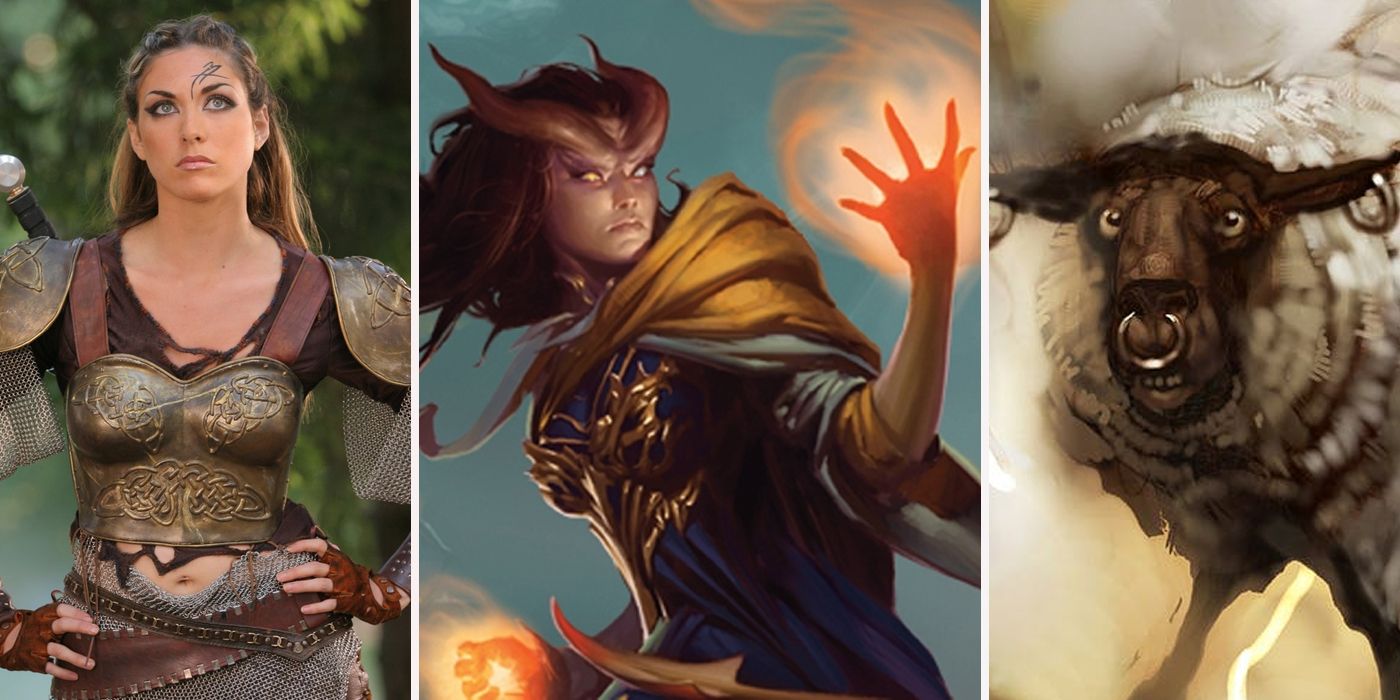
The Endless Attack
armed combat encounters in each edition ofDungeons & Dragonsare broken down into rounds , which are supposed to take a couple of seconds of time . This brief period of time helps to show how much stronger the physical attackers become as they level up , due to the addition in the number of attacks they can make each pear-shaped .
There was one ability in the fourth version ofDungeons & Dragonsthat throw the concept of time out of the window . The 15th storey forest fire fighter power call " Blade Cascade " allow the player to keep making attack until they missed .
This was an astonishingly broken ability , as there are many ways to increase a actor ’s accuracy inDungeons & Dragons . A player who chooses the correct build could make a eccentric who could perform innumerable blast .
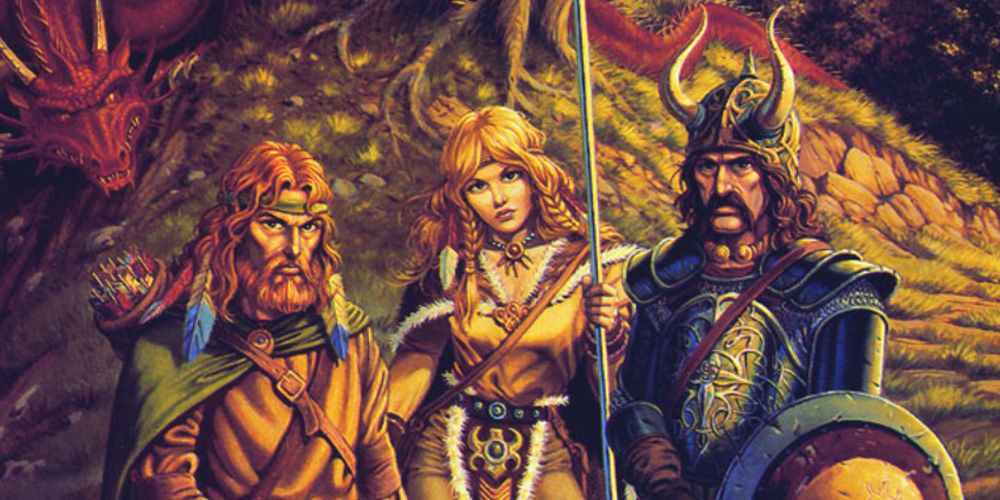
An literal error was quickly put out that changed the choice of words of Blade Cascade so that it could only hit a upper limit of five time .
The Whale Wall
The ability to muster monsters into fight has belong to magic trick - using characters throughout the history ofDungeons & Dragons . The third edition ofDungeons & Dragonshelped to codify this with the nineSummon Monsterspells that each allowed you to choose from a leaning of creatures and temporarily conjure them to fight at your side .
TheSummon Monstersspells offered aquatic creatures which were broadly speaking great and strong than the other beasts on the leaning , due to how modified their use would be in most post .
The 3.5 edition of the game had to change the description of theSummon Monsterspells to clarify that puppet can only be summoned into an environment that can support them , such as aquatic creature in the piddle .
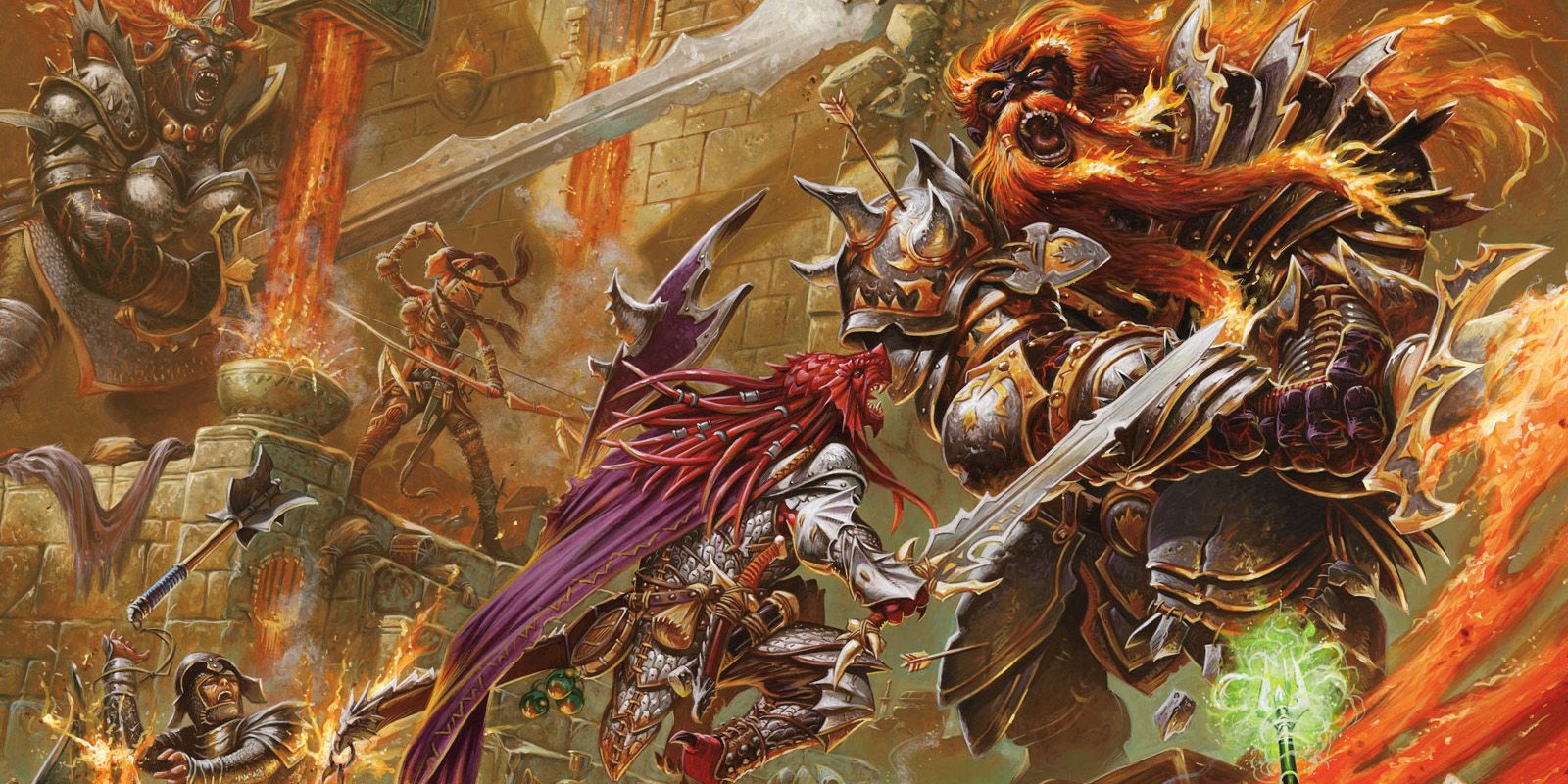
The reason this rule was tally was that player were summons huge aquatic fauna to act as temporary walls to slow down the enemy , or beseech them above the enemy and using them as a crushing weapon .
The Killer Whirlwind
The third version ofDungeons & Dragonstried to make the battler class more exciting by break them caboodle of feats ( abilities that you chose alfresco of your class ) to pick from . One of these feats was Whirlwind Attack , which leave you to do a single attack on every foe in the area around you .
The 3.5 edition ofDungeons & Dragonschanged Whirlwind Attack so that it could n’t be combined with other ability . This was due to a tactics known as the " Bag of rat " trick .
instrumentalist used to unite Whirlwind Attack with Great Cleave , which give you a free hitting on another enemy if you killed an enemy this number with a scrimmage attack . Fighters would then engage an enemy in combat and dump a cup of tea of rats around them . They would then use Whirlwind Attack on the next turn and gain a loose collision on the enemy for every stinker that they killed .

Stacking The Criticals
One of the most exciting moments in anyDungeons & Dragonbattle is the moment when a part or foeman scores a critical hitting . These are the times when the tide of conflict can shift in a moment , with a mighty foe or powerful hero being struck down with a exclusive snow .
The vast absolute majority of weapons in the third edition ofDungeons & Dragonswould only nock a critical hit by rolling a 20 on a twenty - sided dice . There were a few artillery with a higher range ( such as 19 or 18 ) but these were normally weaker in terms of price .
The 3.5 edition ofDungeons & Dragonsprevented several ability that increase the critical hit threat range of a function from stacking with each other . This was because hoi polloi would produce weapon with theKeenenchantment and conflate them with Improved vital feat so that they would score a decisive hit on a 13 or high .
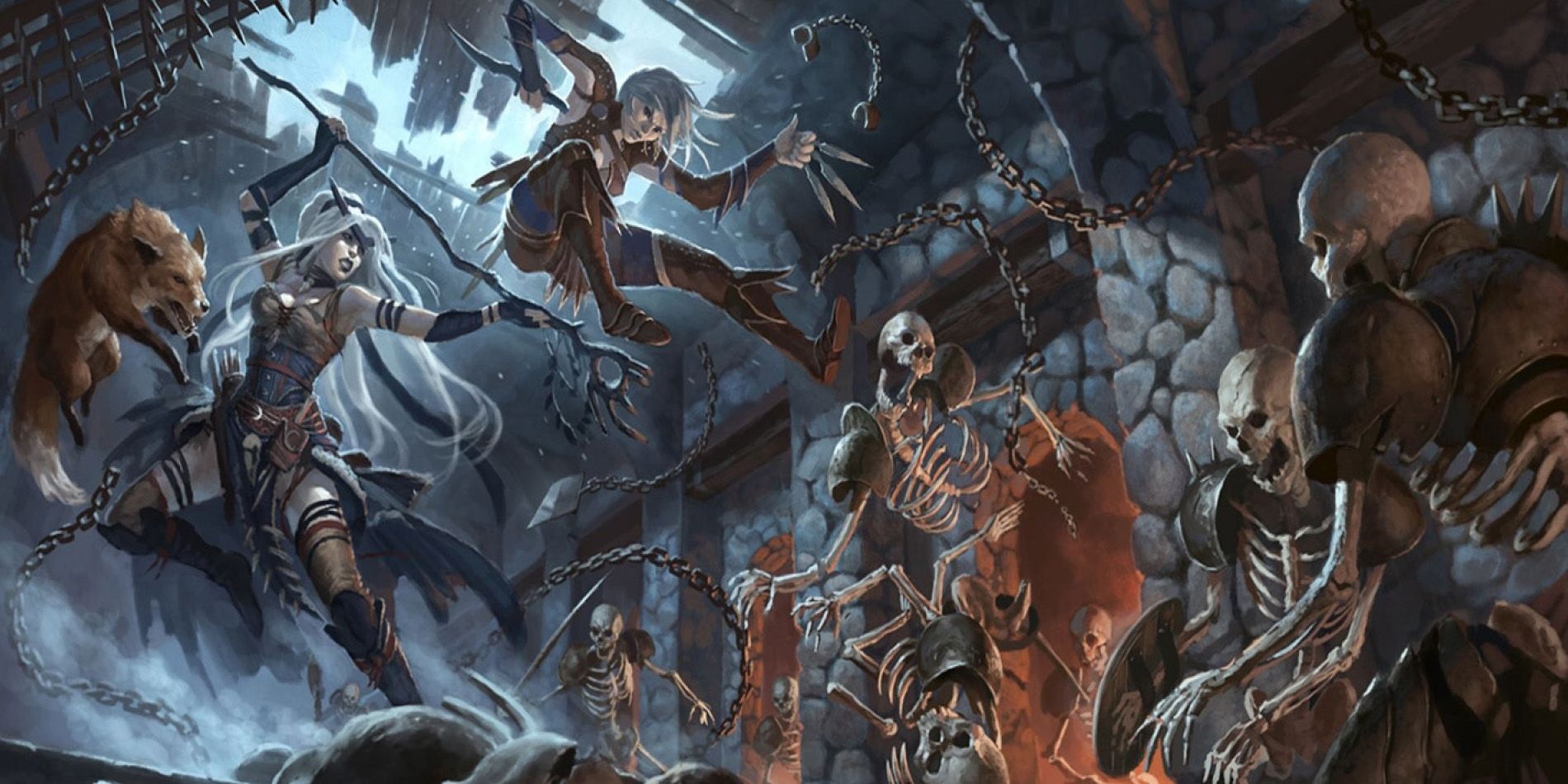
No Harm In Playing A Cleric
The main role of the churchman inDungeons & Dragonsis to mend the political party and cope a long ton of damage to undead beast with their gauze-like holiness . There are also evil cleric that have the ability to drain the vitality from their foes and make their undead handmaid even more herculean .
Clerics once had access to the most potent damaging spell in the game . TheHarmspell in the third variant ofDungeons & Dragonsrequired you to successfully touch the foe .
If you did , then they were reduced to around four remove points of health , disregardless of what they had before . There was no salve throw forHarm ’s effect that could protect you from damage .
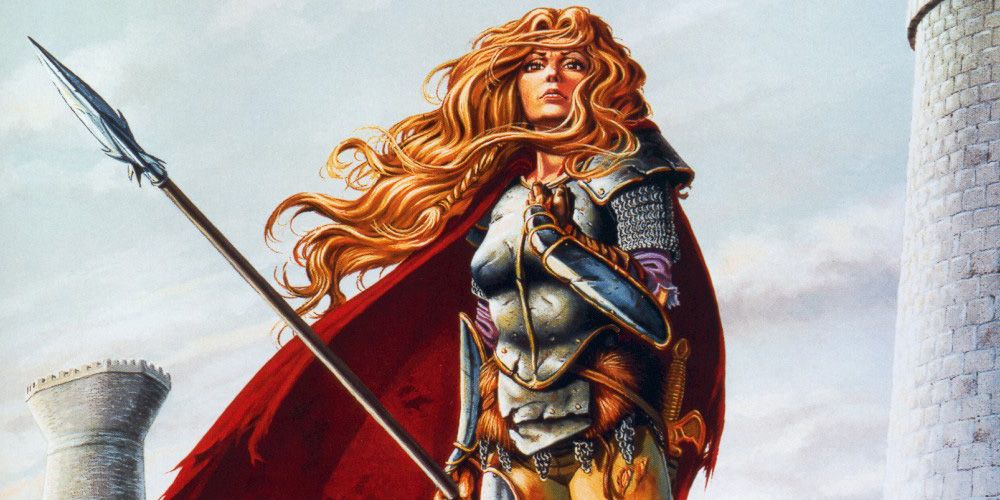
The 3.5 variant ofDungeons & Dragonschanged howHarmworked so that it now had a saving throw and was capped at dealing one hundred and fifty points of legal injury .
Magic, Metal, and Stone
Stoneskinused to be one of the best defensive spells inDungeons & Dragons . The variant ofStoneskinthat appeared inAdvanced Dungeons & Dragonscovered the caster in several layers of stone , which would each protect them from a undivided hitting .
The recent versions ofStoneskinsimply reduced the amount of terms the castor would take each turn from physical onslaught .
The adaptation ofStoneskinthat appeared in the third edition ofDungeons & Dragonswas almost insufferable to go around , as it could only be ignore by a weapon with a +5 enchantment , which are generally the most powerful weapons in the mankind . The 3.5 variation ofStoneskintoned down the spell significantly so that weapons made of adamantite could bypass its core .
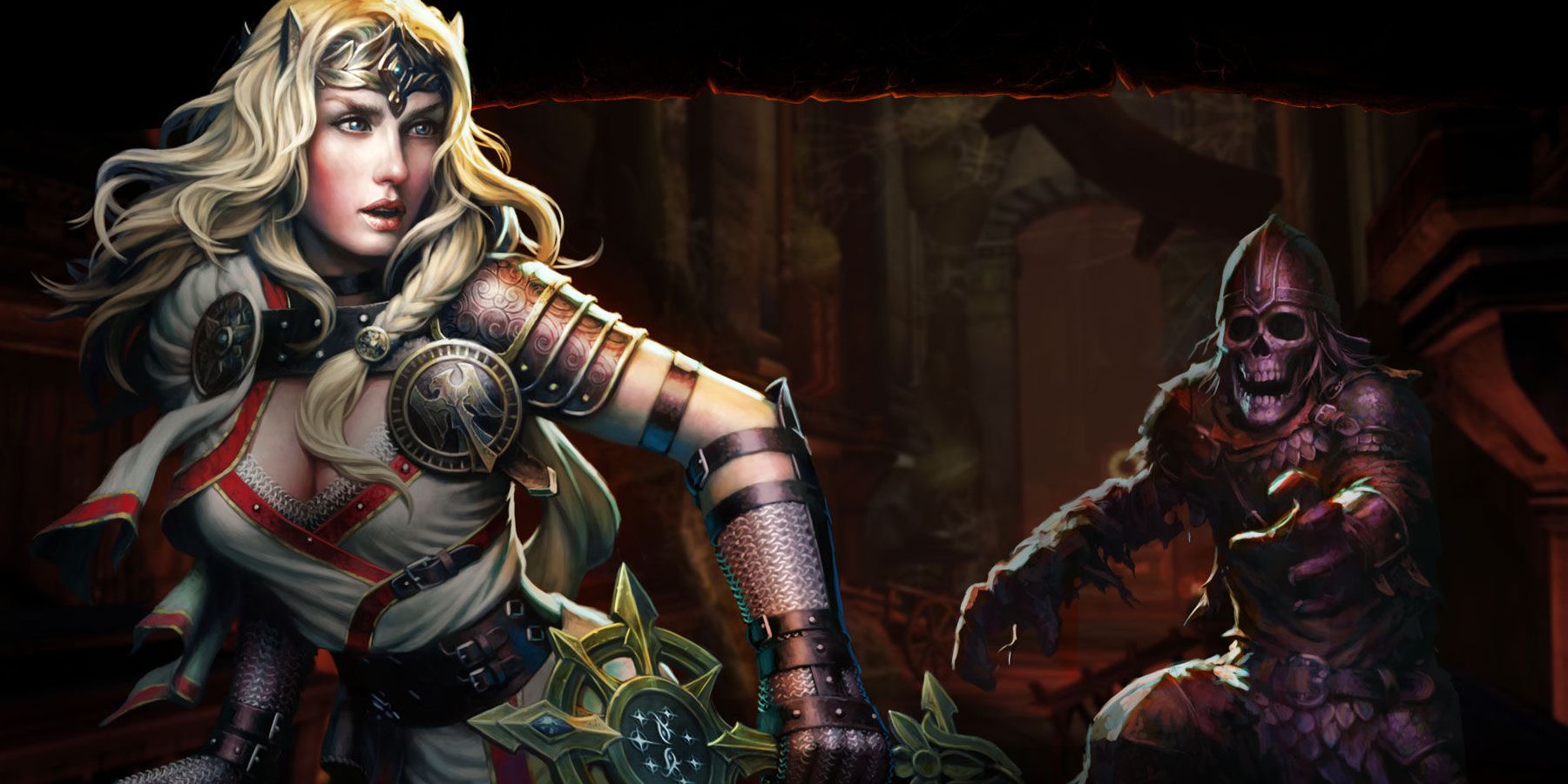
The Mighty Half-Elves
Half - elves have been changed a great deal throughoutDungeons & Dragonsin term of their utility in fight .
The half - elves in the 2nd variation ofDungeons & Dragonshad some of the best multi - class option in the game , while the half - elves in the third edition were outclass by every other slipstream in thePlayer ’s Handbook . There was no ground not to just choose a human or elf instead .
The 4th version ofDungeons & Dragonsaccidentally made half - pixie too effective . This was due to their racial trait power know as Dilettante , which allowed them to pick out any at - will attack power for free , so long as it belonged to a different class than their own .
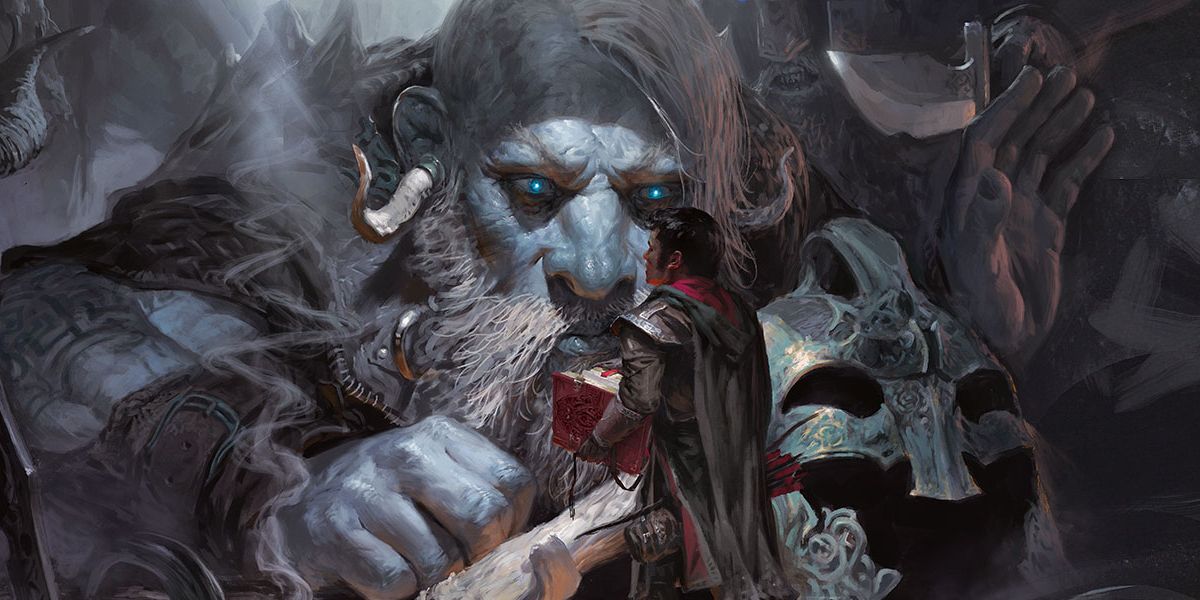
The creators of the plot quickly had to clarify that Dilettante only allowed the player to choose a 1st degree at - will attack power , as they could otherwise choose from the best abilities in the game .
Changing The Animal Bro Rules
One of the biggest change to the 3.5 version ofDungeons & Dragonswas to the animal companion normal . Druids and forest fire fighter were allowed to choose animals that work as lasting allies , who could attach to them on adventures .
The animal companion power has been controversial to some actor , as it essentially gives the druid / ranger a second character that has most of the abilities of a player but does n’t earn a share of the experience points .
The third edition ofDungeons & Dragonsallowed the druid / Texas Ranger to realise more fauna familiar through theAnimal Friendshipspell , which think that they could eventually control a whole horde of animal that could perform tasks that outgo spells of the same stage , such as reconnoitre over a spacious area or swarming foeman .
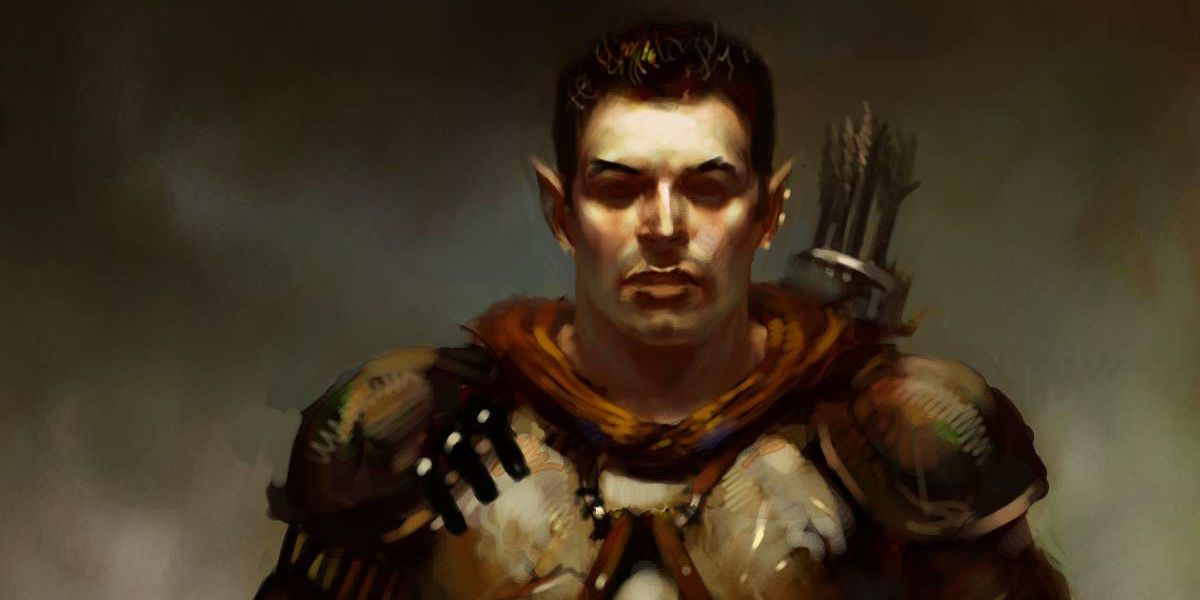
The 3.5 edition ofDungeons & Dragonsheavily restricted the phone number of animal companion a druid or ranger could have , by limiting them to a single animal that becomes stronger over time .
Psychic Steroids
You would think that psychic powers would fit decent in with the phantasy setting of aDungeons & Dragonsworld , but you would be wrong . The vast absolute majority of players and dungeon lord alike hate psionic rules , due to how poorly follow up they usually are .
It does n’t facilitate that one of the most hated and fear enemies in the plot is the mind flayer , which relies on psychic powers to easy take down intact political party of explorer .
The most feared ability of a psychical eccentric isPsychofeedback , which countenance the player to spend power points to temporarily increase their stats to sky - high-pitched levels .
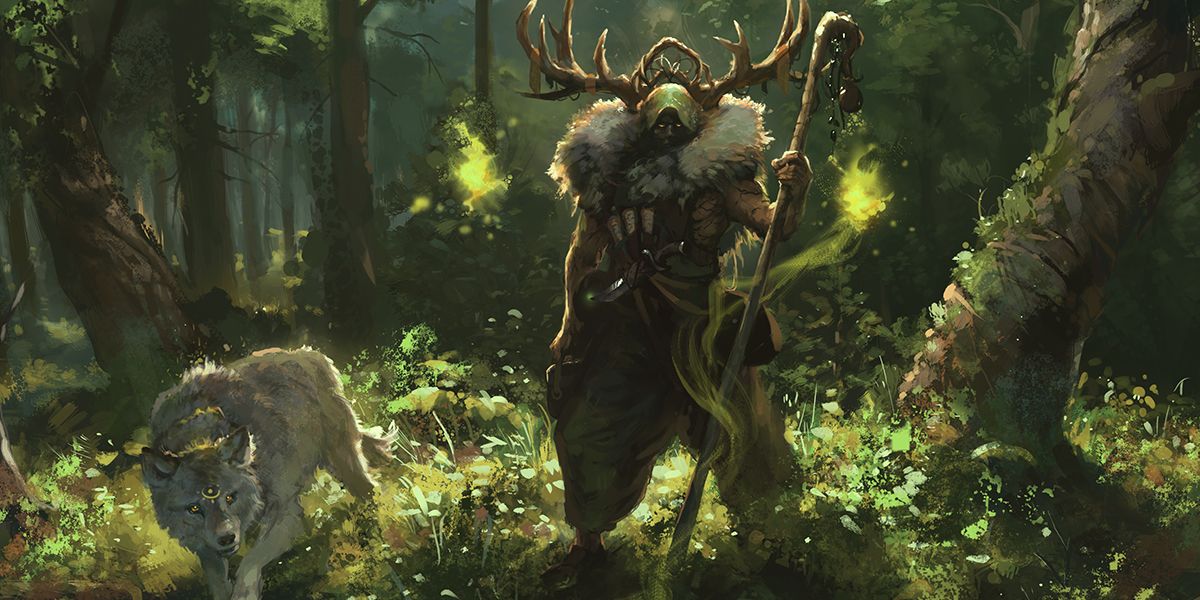
The 3.5 edition ofDungeons & Dragonschanged howPsychofeedbackworked so that the fictitious character had to drain points from their other stats in ordering to increase another .
